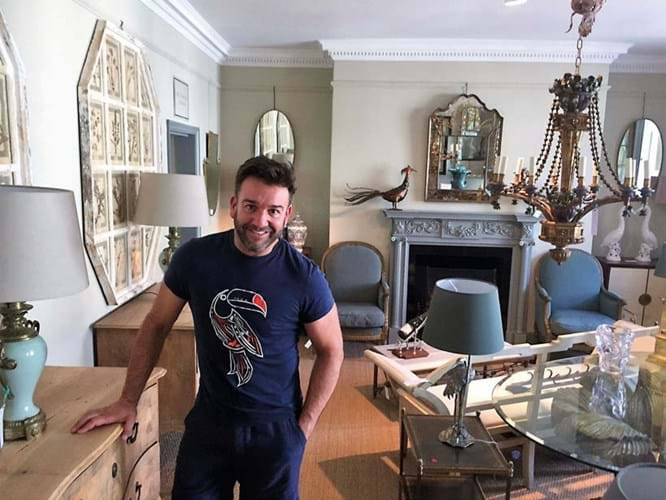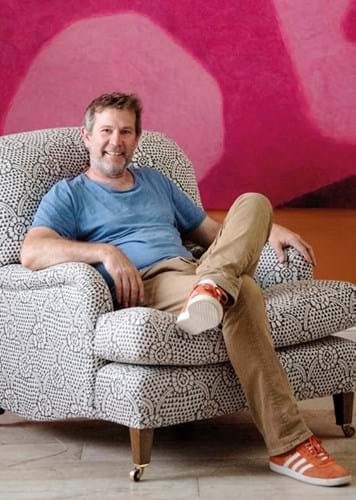Brownrigg Interiors and Decorative Antiques sells furniture and objects sourced from several EU countries. Co-owner George Perez-Martin, who hails from Valencia in Spain, likens the potential disruption of Brexit to that ushered in by the rise of e-commerce.
“Some dealers went out of business because they wouldn’t adapt to and invest in internet trading,” he says.
Earlier challenges
Before the global financial meltdown that came after the Lehman Brothers collapse in 2008, Lorfords was exporting two-thirds by value to the US. “We lost a third of our turnover after Lehmans – we didn’t see an American for 14 months,” recalls Toby Lorford.
How Lorfords did business “had to change” after the global downturn, Lorford says, “and we invested heavily in online. Across the months of 2011 and 2012, this saved our business.”
Lorfords imports from and exports to EU countries such as France, Sweden and Belgium, and expects that, at the very least, Brexit will impact how stock is moved around.
Though he describes Brexit as “self-harm”, Lorford says that “fundamentally, the market for what we do is strong”. He is set on finding positives in the UK’s departure from the EU. “If we can get the VAT back every time we sell to Europe, that’s a win.”
The internet will play a key role “in the way stock can be sold from different locations and moved when the time is right”. Lorford adds: “Overall, Brexit is a nuisance but there are business opportunities to make the system work better, even if we have a closed border – though I pray we don’t.”
















